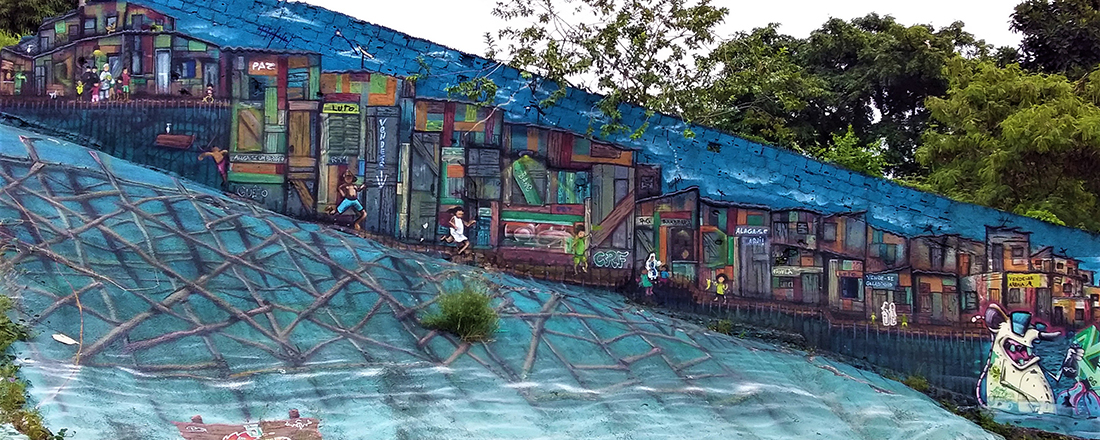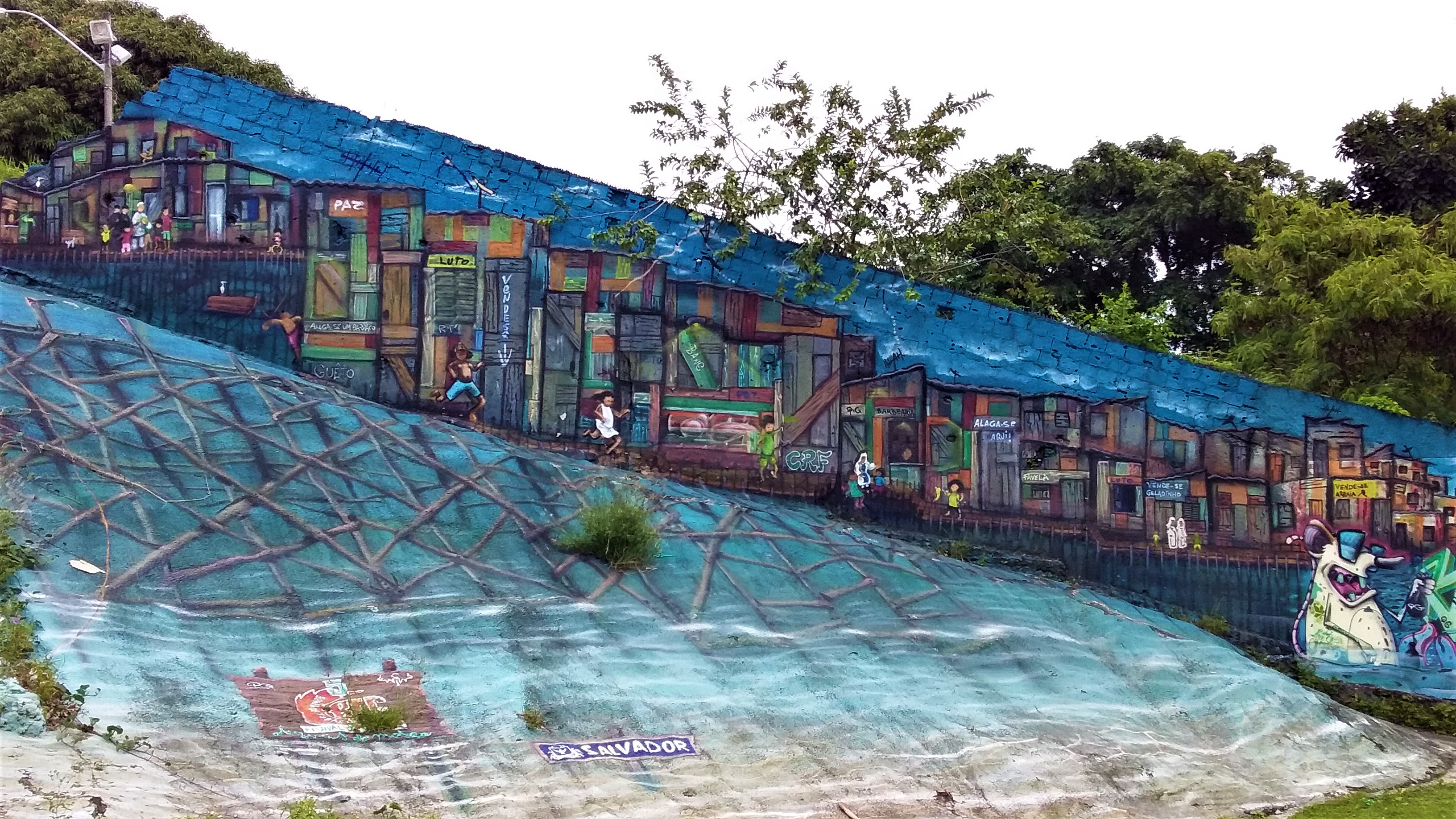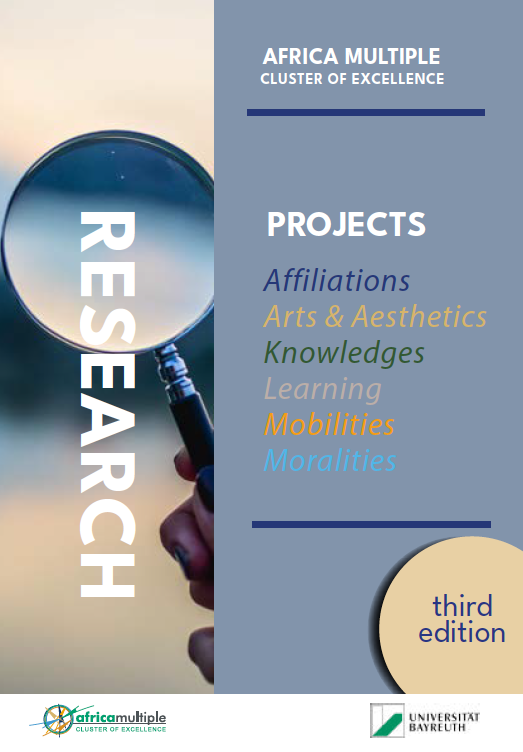Moral Geographies of Re-Existence
-
Research Section: Moralities
-
Project duration: 01.12.2019 - 30.11.2023
Summary
Our project sheds light on the ways in which Afro-descendant communities resist and (re-)exist in (post)colonial and (post-) enslavement Latin America. We focus on Salvador da Bahia (Brazil) and Cartagena de Indias (Colombia), two major arrival ports of “The Black Atlantic” (Gilroy 1993). These traumatic places of colonisation and the trade in enslaved Africans are marked by racial discrimination and socio-spatial exclusion. At the same time, their colonial city centres are recognised as UNESCO World Heritage since the 1980s, attracting thousands of tourists every year. In this ambivalent context, we focus on peri-urban neighbourhoods which tend to be ‘off the map’ for many tourists, researchers and political actors. In the face of inequality, violence and poverty, their dwellers are often stigmatised across-the-board as if they were morally inferior and incapable of fostering a peaceful social transformation. By contrast, we analyse how self-organised community initiatives may not only (re)valorise Afro-descendant identities, but also change people’s “moral topographies” (Taylor 1989) of what is right and good, altering their visions of a good life. Our transdisciplinary triangulation of ethnographic approaches, documentary methods and participatory action research integrates local communities and artists into joint reflections to stimulate mutual learning processes across the African diaspora.
Key Questions
We pursue to empirically reconstruct and compare the ‘socio- moral maps’ of (re-)existence which drive societal transformation in marginalised neighbourhoods of Salvador and Cartagena.
- Which visions of a good life drive social change in the communities of Uruguai (Salvador) and Barrio Chino (Cartagena), and what are their underlying moral sources?
- Which kind of societal change can be stimulated through socio-cultural initiatives, and which contemporary transformations can be observed in the life-worlds of Afro-descendant communities?
- To what extent do the different structural and spatial conditions in Salvador and Cartagena affect socio-cultural practices and visions of a good life, and which enabling and restricting conditions for community-driven change can be derived from that comparison?
Methods and Concepts
Applying ethnographic, documentary and participatory action research methods, we analyse the socio-structural, moral and identity-related dimensions of social change stimulated by practices of (re-)existence in the neighbourhoods of Uruguai (Salvador) and Barrio Chino (Cartagena). We facilitate an exchange with Afro-descendant community leaders, artists and other civil society actors in both cities. While enhancing our understanding of Afro-diasporic strivings towards a good life in Latin America, we break new ground in research on moral geographies (Smith 2000). We also invest in the development of a transnational comparative methodology to analyse race relations and racial hierarchies, focusing on cities and their system of opportunities and spatial regimes rather than on nation states, as traditionally has been the case in comparative ethnic studies. The main objective of our project is to reconstruct how minoritised Afro-diasporic communities (re)create their own “differential space” (Lefebvre 1991) for collective integrity, practical recognition and social change under conditions they have not chosen themselves. The need to (re)invent such ‘spaces of the possible results from shared experiences of colonisation, enslavement, violence and de-territorialisation. Our transdisciplinary approach enables us to explore the bodily and tacit knowledges resulting from these multiple time-spatial ruptures.
Vision
Proclaiming the International Decade for People of African Descent (2015-2024), the United Nations (UN) point out that the situation of this part of the population, which comprises around 200 million persons in the Americas, “remains largely invisible, and insufficient recognition and respect has been given to the efforts of people of African descent to seek redress for their present condition” (UN 2019). Against this backdrop, we pursue the vision to shed light on practices of (re-) existence in Latin America. Our research enables a transdisciplinary exchange and transfer of knowledges regarding the ways in which Afro-diasporic communities reinvent their traumatic histories and geographies through collective self-organisation of livelihoods, socio-cultural and artistic practices.
Contribution/Relation to the Cluster’s Aims & Goals
Our project scrutinises the multiple conceptions of Africanity and their tactical appropriation in multiple spheres of diasporic life. Through the notion of a socio-spatial and moral “multi-territoriality” (Haesbaert 2007), we conceptualise collective experiences of uprooting, practices of remembering, and struggles for practical recognition. Our transdisciplinary approach contributes to the reconfiguration of the way research is carried out through a relational praxis of “research with” as opposed to “research on”. Moreover, our project adds to core questions of reflexivity in African and diaspora studies. The dialogue between theoretical, artistic and bodily forms of knowledge leads to a mutual unsettling of widely held views and reconsiderations of scientific and cultural premises.
Project Team
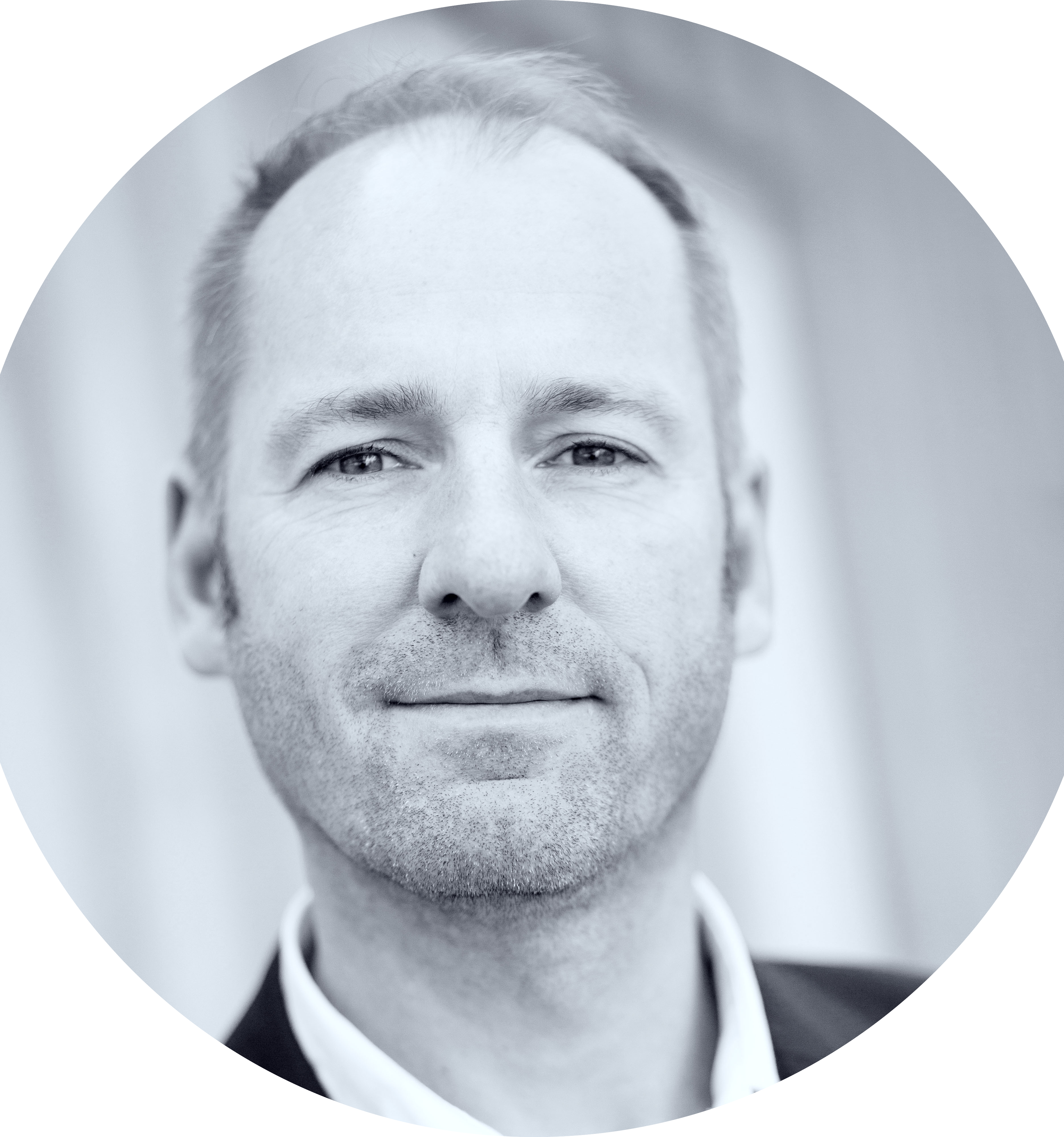
Prof. Dr. Eberhard Rothfuß
Social and Population Geography
University of Bayreuth
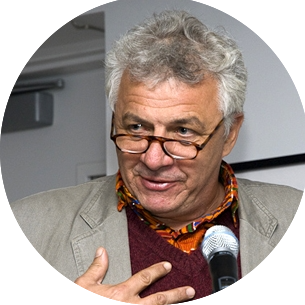
Prof. Dr. Livio Sansone
Social Anthropology
Centre of Afro-Oriental Studies (CEAO)
Federal University of Bahia (UFBA)
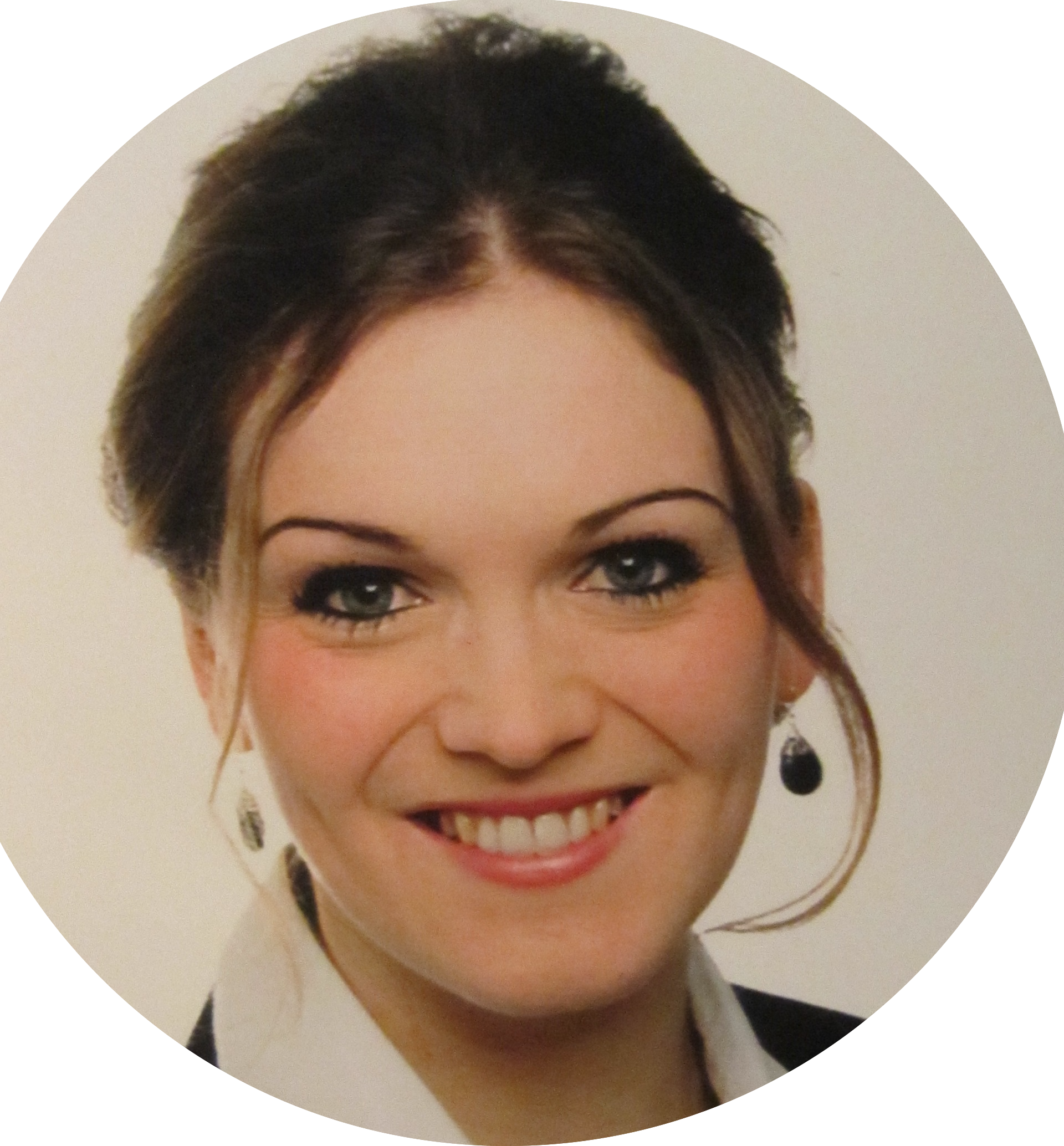
Valerie V.V. Gruber
Social and Population Geography
University of Bayreuth
Further Links / Key References
- Transdisciplinary productions on DjumbaiALA: https://djumbaiala.com/ and https://www.youtube.com/channel/UCJqjVHb51dufmjosl7q2k2w
- Haesbaert, Rogério (2007): Identidades Territoriais: entre a multiterritorialidade e a reclusão territorial (ou: do hibridismo cultural à essencialização das identidades)”. In: Identidades e territórios: Questões e olhares contemporáneos, ed. Frederico Guilherme Bandeira de Araujo / Haesbaert, Rogério. Rio de Janeiro: Access, 33-56.
- Gilroy, Paul (1993): The Black Atlantic: Modernity and Double Consciousness. London et al.: Verso.
- Lefebvre, Henri (1991): The Production of Space. Oxford: Blackwell.
- Smith, David, M. (2000) Moral geographies: Ethics in a world of difference. Edinburgh: Edinburgh University Press.
- Taylor, Charles (1989): Sources of the Self: The Making of the Modern Identity. Cambridge: Cambridge University Press.
- UN, 2019. 2015-2024 International Decade for People of African descent. Background. Retrieved from https://www.un.org/en/events/africandescentdecade/background.shtml
Moral Geographies of Re-Existence: Socio-cultural Practices and Visions of a Good Life in Afro-descendant Communities in Salvador da Bahia (Brazil) and Cartagena de Indias (Colombia)
Members of the Research Team
- Prof. Dr. Eberhard Rothfuß; Social and Population Geography; University of Bayreuth; Eberhard.Rothfuss@uni-bayreuth.de
- Prof. Dr. Livio Sansone; Social Anthropology; Centre of Afro-Oriental Studies (CEAO), Federal University of Bahia (UFBA); liviosansone.ufba@gmail.com
- Valerie Gruber; Social and Population Geography; University of Bayreuth; Valerie.Gruber@uni-bayreuth.de
Summary
Our research project sheds light on the ways in which Afro-descendant communities resist and re-exist in postcolonial and post-slavery Latin America. We focus on Salvador da Bahia (Brazil) and Cartagena de Indias (Colombia), two major arrival ports of the transatlantic slave trade. These traumatic places of enslavement and colonization are still marked by racial discrimination and socio-spatial exclusion. At the same time, their colonial city centres are recognised as UNESCO World Heritage, attracting thousands of tourists every year. In this ambivalent context, we focus on peri-urban neighbourhoods which tend to be ‘off the map’ of many tourists, researchers and political actors. In the face of violence and poverty, their dwellers are often stigmatised across-the-board as if they were morally inferior and incapable of fostering a peaceful social transformation. In contrast, we assume that their self-organised socio-cultural projects may not only (re)valorise Afro-descendant identities and life-worlds, but also change people’s strong evaluations of what is right and good, altering their visions of a good life.
Applying ethnographic, documentary and participatory action research methods, we seek to explore the socio-structural, moral-cultural and identity-related dimensions of change stimulated by these self-organised practices of re-existence. In a dialogic process, we collaborate with Afro-descendant leaders and members of different peri-urban communities in both cities. While enhancing our understanding of Afro-diasporic strivings towards a good life in Latin America, we aim at breaking new ground in research on moral geographies. We will also invest in the development of a transnational comparative methodology to analyse race relations and racial hierarchies, focusing on cities and their system of opportunities and spatial regimes rather than on nation states, as traditionally has been the case in comparative ethnic studies. Altogether, we strive for a collaborative, transdisciplinary knowledge production, fostering dialogues between diverse theoretical, methodological and practical experiences from Africa, Latin America and Europe.
Duration
01 December 2019 – 30 November 2023


